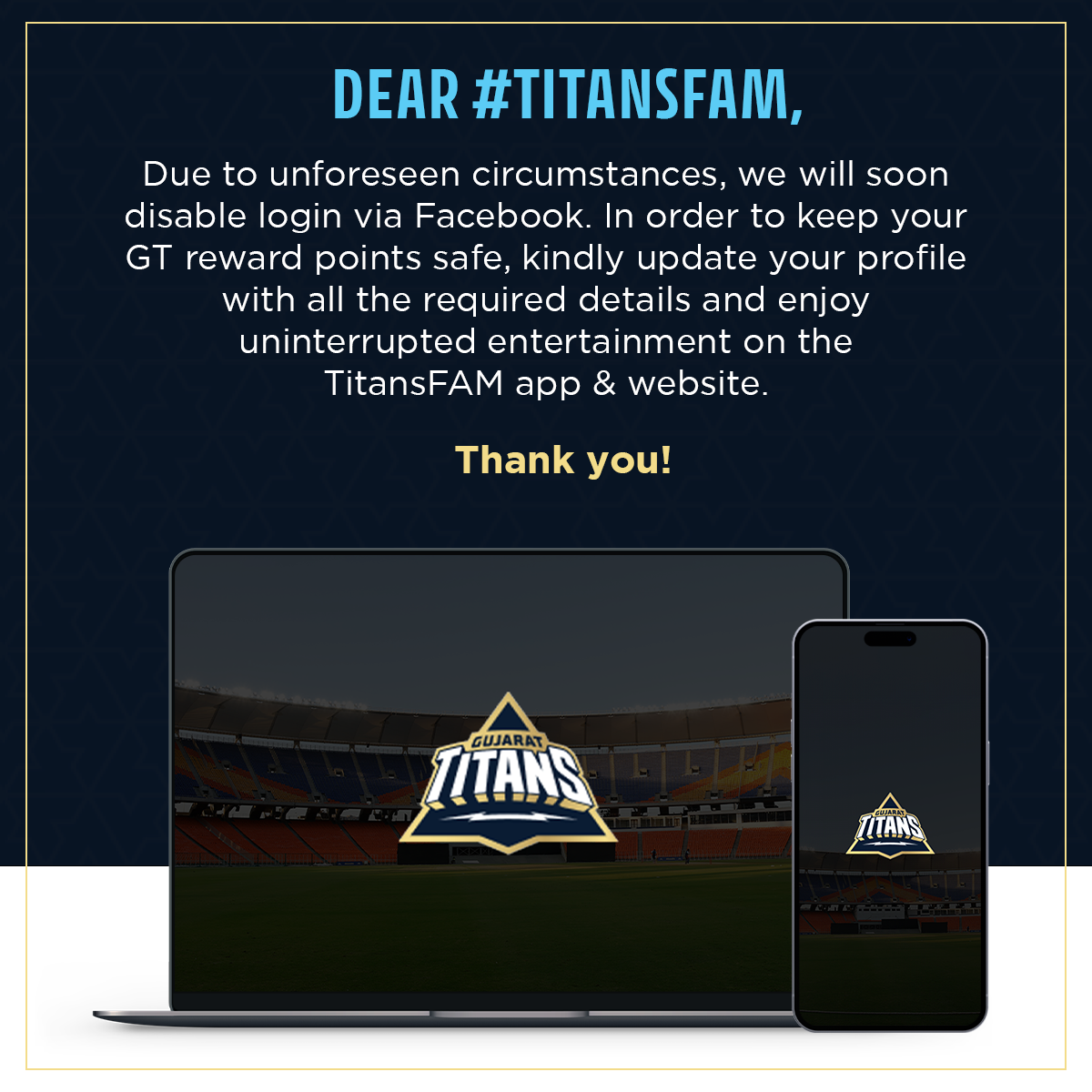ICC Champions Trophy 2025 final: India eye third title, face New Zealand in Dubai
India have been one of the most successful teams in the ICC Champions Trophy history with two titles in 2002 and 2013. New Zealand have won it once in 2000.

The Indian men’s cricket team will be aiming to clinch their third ICC Champions Trophy title when they lock horns with New Zealand in the final of the ongoing edition at the Dubai International Cricket Stadium on Sunday, March 9. The India vs New Zealand final clash will start at 2:30 PM.
Led by captain Rohit Sharma, India stormed into the final of the ICC Champions Trophy for the third consecutive time after registering a clinical four-wicket win over Australia in the first semi-final on Tuesday.
India rode on pacer Mohammad Shami’s three-wicket haul (3/48) while leg-spinner Varun Chakravarthy and left-arm spinner Ravindra Jadeja bagged two scalps each to bowl out Australia for 264 in 49.3 overs.
In reply, India’s talisman Virat Kohli scored an impressive 84 along with contributions from Shreyas Iyer (45) and wicketkeeper-batter KL Rahul (42 not out) to help chase down the target with 11 balls to spare.
The Indian team has been in scintillating form in the ongoing ICC Champions Trophy.
The Men in Blue began their campaign with a six-wicket win over Bangladesh courtesy vice-captain Shubman Gill’s magnificent century.
India then beat arch-rivals Pakistan by six wickets and followed it up with a comprehensive 44-run victory over New Zealand in the group stage.
With six points from three matches, India topped Group A standings to book their place in the semi-finals.
Meanwhile, Virat Kohli has been the leading run-scorer for India in the ongoing ICC Champions Trophy with 217 runs in four games. Shreyas Iyer (195 runs) and Shubman Gill (157 runs ) have also been among the runs for India.
India’s bowling spearhead Mohammed Shami has been the wrecker-in-chief with eight wickets. Mystery spinner Varun Chakravarthy has also been in brilliant form with seven scalps.
On the other hand, New Zealand brushed aside South Africa by 50 runs in the other semi-final in Lahore to set up an enthralling final.
Opting to bat first, Rachin Ravindra (108) and Kane Williamson (102) slammed centuries to power the Kiwis to a mammoth total of 362/6 in their 50 overs.
South Africa’s David Miller later recorded the fastest century in the ICC Champions Trophy history, however, it wasn’t enough as the Black Caps registered a dominant victory at the Gaddafi Stadium.
The Mitchell Santner-led New Zealand earlier finished second in the Group A standings behind India.
The Kiwis started their campaign with a 60-run win over Pakistan and then secured a five-wicket victory over Bangladesh before losing to India in their final group match.
India have been one of the most successful teams in Champions Trophy history with two titles. The Men in Blue shared the honours with Sri Lanka in 2002 and bagged their second title in 2013. New Zealand have previously won the ICC Champions Trophy once in 2000.
India vs New Zealand head-to-head record in ODIs
India have a superior head-to-head record against New Zealand in ODI cricket. The Indian team has won 61 of the 119 ODIs that they have played against each other. The Kiwis have registered 50 wins while one game was tied. As many as seven matches ended with no result.
In the ICC Champions Trophy, India and New Zealand have previously met on two occasions.
The Black Caps won their ICC Champions Trophy by securing a four-wicket win over India in the 2000 final in Nairobi.
In the ongoing Champions Trophy, the Rohit Sharma-led India defeated New Zealand by 44 runs in a Group A fixture in Dubai.
Related tags:
News

Success
Your registration has been completed successfully.

Forgot your password?
Don't worry, we are here to help you to recover your password. Enter your registered email below for further instructions.

Check your email
We have sent password recovery instructions to your registered email.

Set your new password
Enter your new password. Your new password must contain at least: 1 uppercase letter, 1 lowercase letter, 1 number, and one special character (Example: , . _ & ? etc.)

Success
Your password has been reset successfully.

Oops!
This email address is already in use. Please create an account with an alternate email.
Account successfully recovered
Your Account recovery link has expired









